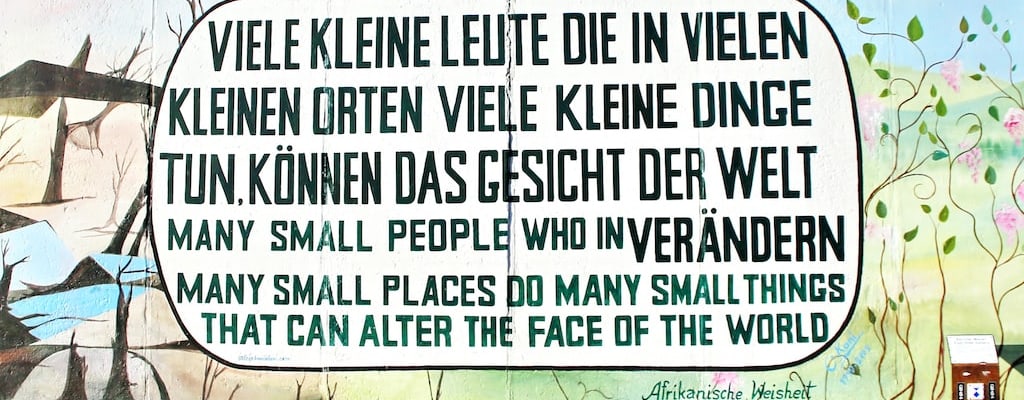well-seen: Idiom Meaning and Origin
What does ‘well-seen’ mean?
The idiom "well-seen" means widely recognized or acknowledged for one's actions, achievements, or reputation.

Idiom Explorer
The idiom "wipe someone's eye" means to outdo or surpass someone in a particular area, usually in terms of skill or achievement. It implies a sense of triumph or victory over the other person.
The idiom "who's who" refers to a select group of individuals who are considered the most important or influential in a particular field or community.
The idiom "which way the wind is blowing" means to be aware of current trends or popular opinions in order to adapt or make decisions accordingly.
The idiom "when all is said and done" means that after everything has been considered or taken into account, and all actions have been taken, the final result or outcome will become clear.
The idiom "what's what" means to understand or know the important or essential information about a subject or situation.
The idiom "what someone said" refers to the exact words or statements expressed by a person. It emphasizes the importance of accurately conveying someone's speech or quoting them directly.
The idiom "well-oiled" means to be efficient, organized, or functioning smoothly. It is often used to describe a well-coordinated team or a seamless process.
The idiom *well done* is used to express praise or approval for a job or task that has been successfully completed with skill and competence.
Glimpsing Familiarity
The idiom "well-seen" is one with a limited amount of information available online. However, the facts that can be ascertained about this expression suggest a nuanced and context-dependent meaning.
First and foremost, "well-seen" is considered to be an archaic idiom. Its usage is not widespread in modern English, and it is more commonly encountered in older texts, particularly those from the 17th and 18th centuries. Its infrequent appearance in contemporary language suggests that it has fallen out of favor and is not in common usage in everyday speech.
Next, the idiom "well-seen" is often associated with the domains of respectability and proper behavior. It is used to describe individuals who are considered virtuous, morally upright, or have a good reputation. The idiom conveys the idea that someone's actions or character have been recognized and acknowledged by others, particularly within a social or professional setting.
Furthermore, "well-seen" can describe someone who is officially recognized or well-regarded by a particular group or community. It may be used when discussing individuals who have achieved a position of esteem or prominence within their field. Additionally, it highlights those who have earned respect or admiration due to their accomplishments or good standing among their peers.
"well-seen" can also be found in religious contexts. It is used to describe individuals who are perceived as righteous or close to God. The idiom indicates that the person in question is viewed favorably by a higher authority or considered to be blessed with divine approval.
In the idiom "have seen this movie," the concept of being "well-seen" relates to having knowledge or familiarity with a particular film. When someone says they have "seen this movie," they are indicating that they are well-acquainted with it. This demonstrates the idea of being well-seen in the context of being well-informed and knowledgeable about a specific subject.
Similarly, the idiom "well done" connects to the notion of being "well-seen" in terms of recognition and approval. When something is described as "well done," it means it has been performed or executed with skill and to a high standard. This reflects the idea of being well-seen in the sense of receiving acknowledgment and praise for a job well done.
The idiom "old saw" can also be linked to the concept of being "well-seen" through its association with widely known sayings or proverbs. An old saw refers to a familiar and often repeated saying or piece of advice. By describing a saying as an old saw, it suggests that it is well-known and widely recognized among a group of people. This connects to the idea of being well-seen in the sense of being familiar or popular within a specific community or society.
While there is limited information available about the idiom "well-seen," it is clear that it carries connotations of respectability, recognition, and virtue. Its archaic usage suggests a decline in popularity over time, and it is most commonly encountered in older texts. The idiom can be used to describe individuals who enjoy a good reputation, have achieved recognition, or are deemed morally upright. Additionally, the idioms "have seen this movie," "well done," and "old saw" all relate to the concept of being well-seen in different ways. Despite the scarcity of information, the idiom "well-seen" remains an intriguing linguistic artifact that invites further exploration and interpretation.
Example usage
Examples of how the idiom "well-seen" can be used in a sentence:
- She is well-seen in the art community, with her work being displayed in several prestigious galleries.
- His well-seen efforts in organizing the charity event helped raise a significant amount of money for the cause.
- The CEO is well-seen by the employees for her fair and transparent leadership style.
More "Common" idioms



